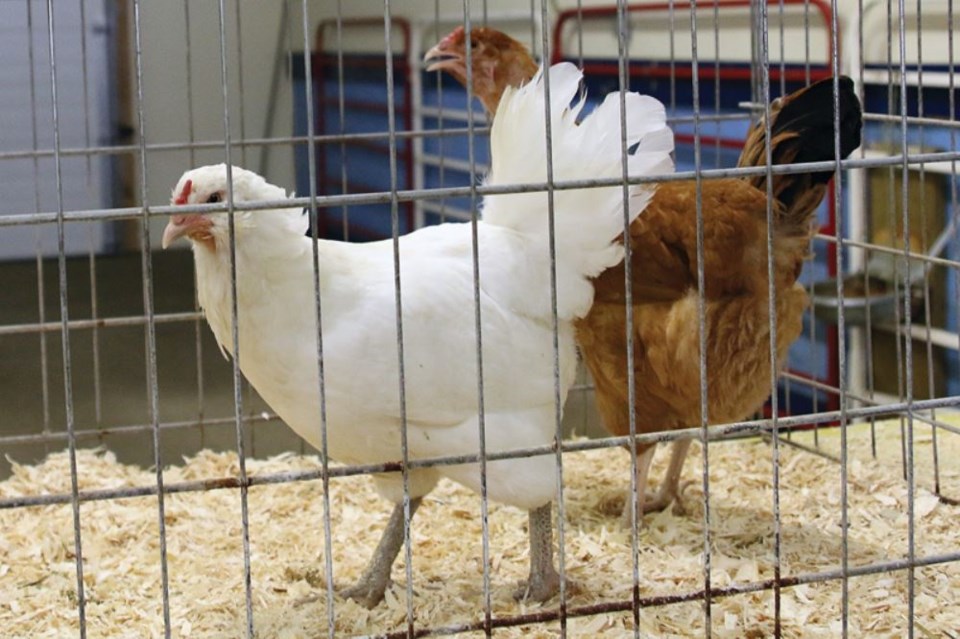A staff report requested by city council recommends the city not change its bylaws to allow residents in urban areas to raise chickens in their backyards.
There are a number of challenges with the idea, the report says. For example, predators such as bears, raccoons and foxes will be drawn to the yards in search of a meal. Plus vermin such as mice and rats will be drawn to the areas, as well.
“The Ontario Ministry of Agriculture, Food and Rural Affairs states that hen owners should be aware of the risk to their birds, and to commercial poultry, from diseases such as avian influenza virus,” the report says. “Preventive measures taken to minimize the introduction and spread of diseases and other hazards are referred to as 'biosecurity.' Within the fact sheet, OMAFRA suggests to 'restrict visitors and observe proper hygiene, prevent contact with wild birds, practice proper rodent control, don’t bring disease home and to recognize and report any illnesses.'”
And Public Health Sudbury points to a 2017 brief that concludes “close contact with backyard chickens may contribute to infectious disease transmission from birds to humans, even in the absence of illness in poultry.”
In addition to predators and disease, the issue of bird poop was also raised. One bird produces about a pound of waste a month, the report said. The waste chickens produce is strong enough to disrupt composting and affect water quality.
Depending on the number of chickens being kept in an area, Ontario calculates the safe number of animals you can keep near water by how many “nutrient units” are produced. If there are too many birds creating too many “nutrient units,” the drinking water is threatened and the animals have to be removed.
It would also likely require the city to hire more bylaw enforcement officers, the report said, and stray hens would have to be stored.
“Where hens are loose in the community, there would be a requirement for animal control staff to respond to these concerns,” the report said. “Currently, staff are not trained in the handling, capture, transportation and housing of fowl. The animal shelter is not equipped to house animals other than domestic dogs or cats.”
Residents in some areas can have backyard chicken coops, such as rural and agricultural areas, provided there is a minimum amount of space available.
Council will decide on the report Sept. 25.
